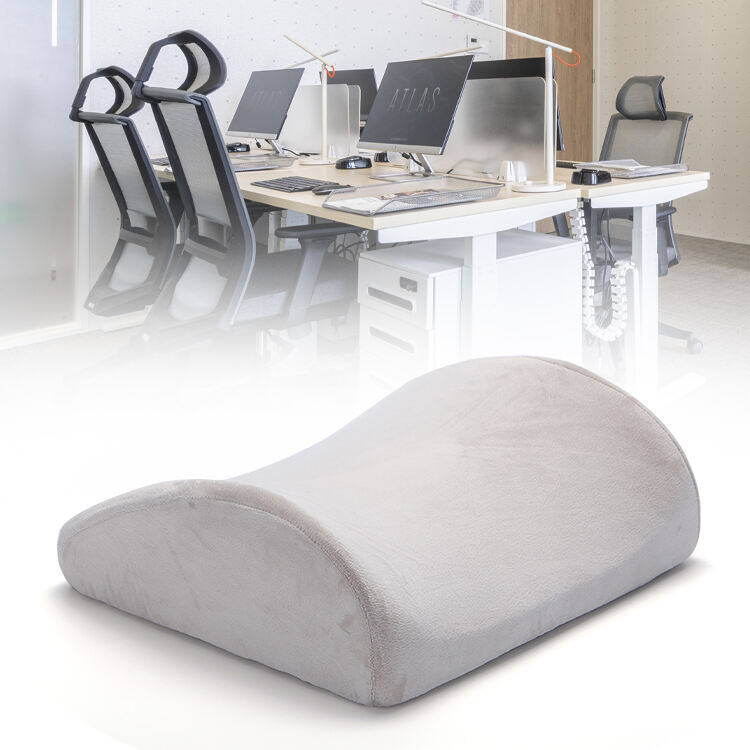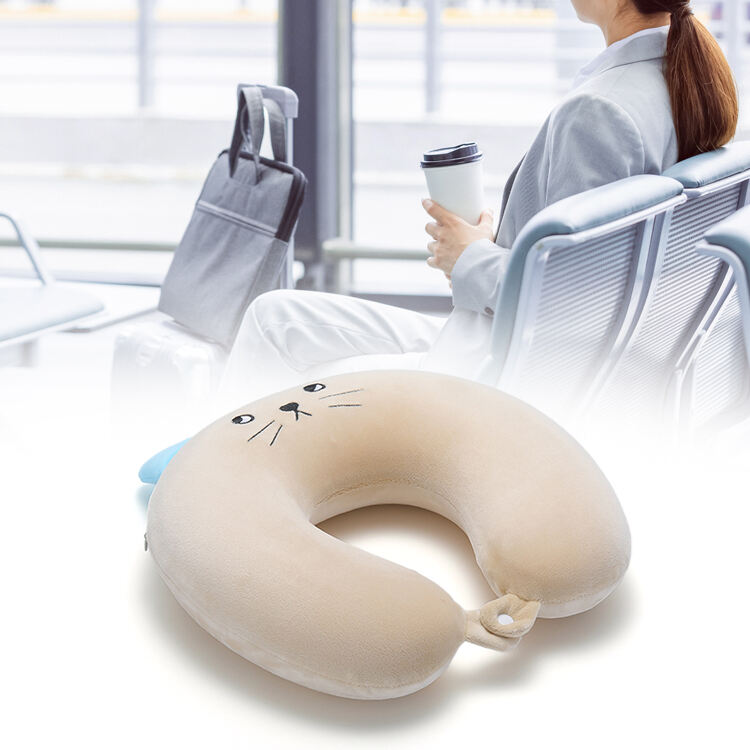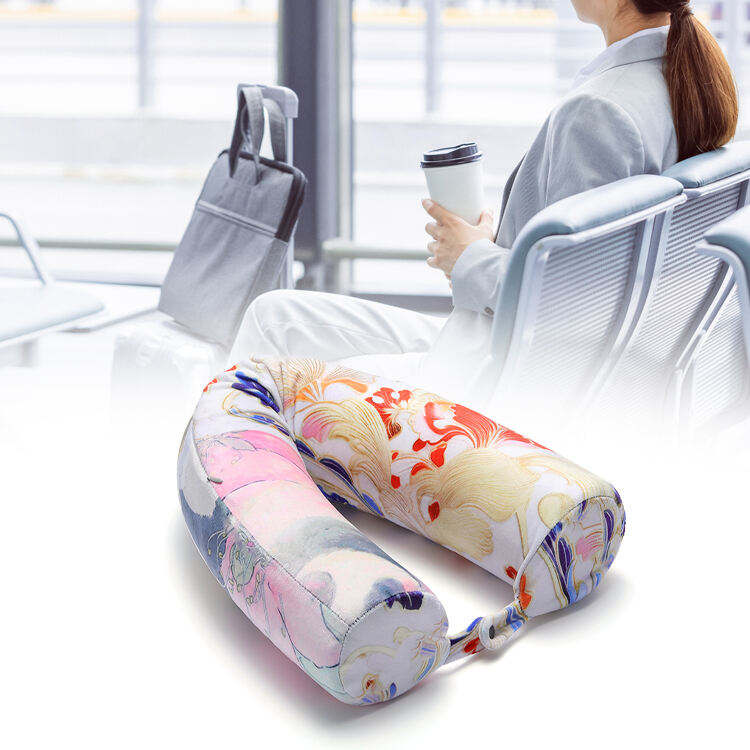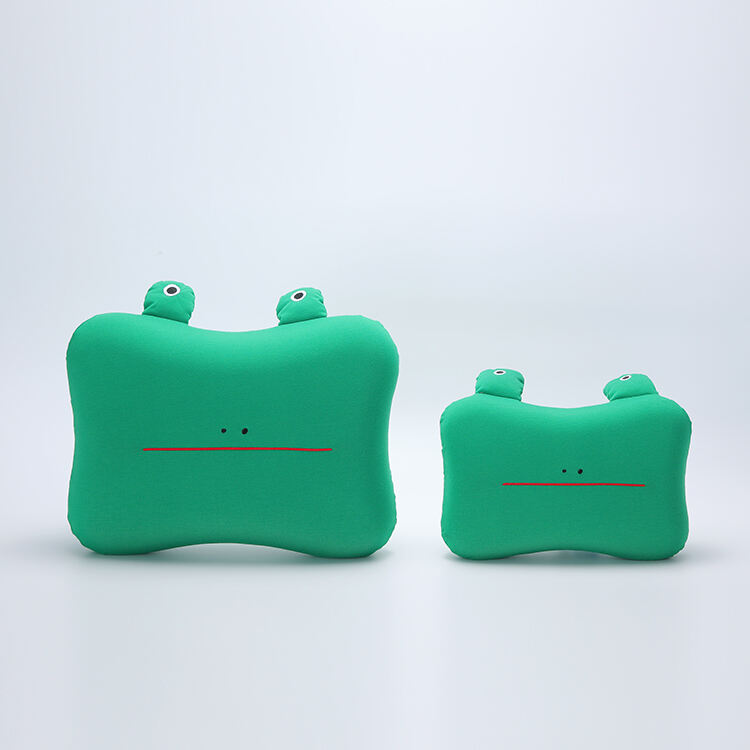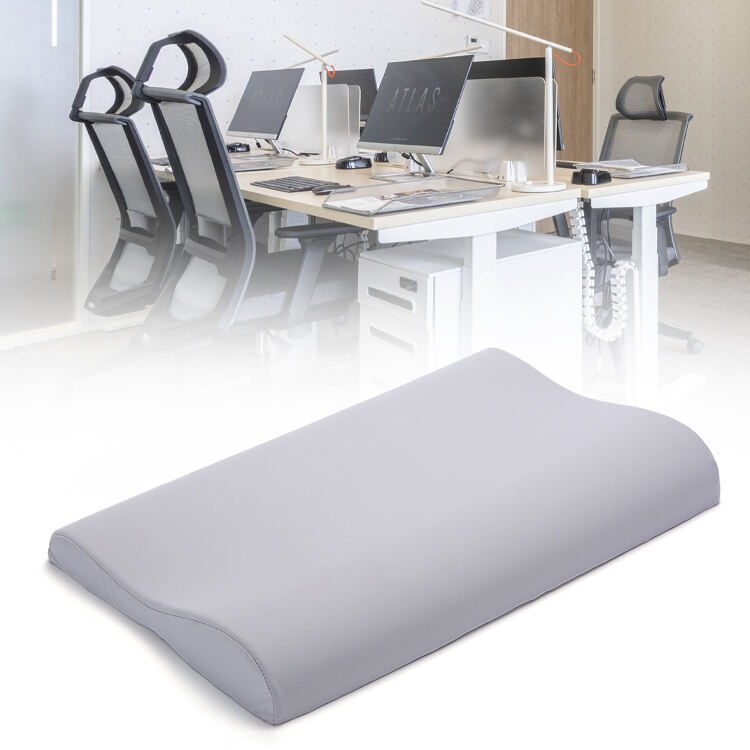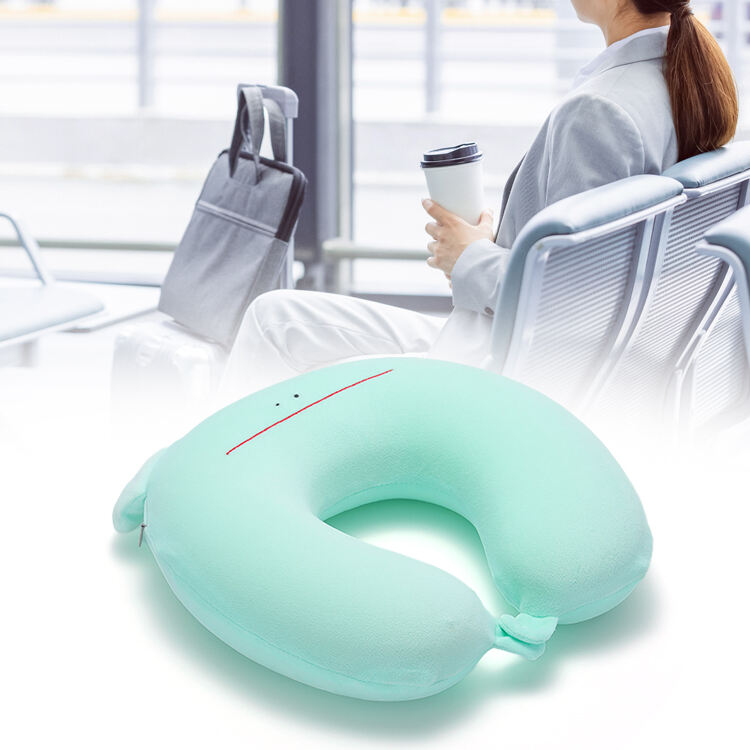Optimizing Sleep Product Inventory with Orthopedic Pillow Technology
For businesses that buy sleep products in bulk, finding the right pillow can be a real challenge. But slow-rebound memory foam pillows offer a solution that addresses many of the common issues in the supply chain. The special viscoelastic material in these pillows is truly remarkable. When you rest your head on it, it molds to the shape of your cervical spine in just 3 to 5 seconds. This is a huge plus for hospitality providers, like hotels, and medical supply distributors. They need products that perform consistently, especially when they're ordering large quantities. Unlike traditional pillows filled with polyfill, these memory foam pillows are temperature-sensitive and can withstand more than 15,000 compression cycles without losing their shape. That means fewer warranty claims and less customer dissatisfaction, which is a relief for anyone managing bulk purchases.
Enhancing Client Satisfaction Through Pressure-Relief Engineering
Distributors who focus on healthcare or corporate wellness programs will really appreciate the thoughtfulness behind the ergonomic memory foam pillow. Its 45° shoulder slope design isn't just a random feature; clinical studies have shown that it can reduce the number of times you adjust your position during the night by a significant 62%. This has a real impact on how well people sleep, and that's something hotels buying hundreds of pillows each month or resellers serving physical therapy clinics really care about. But that's not all. The open-cell foam structure of the pillow allows for 92% airflow permeability. For those purchasing pillows for markets in tropical climates, where heat and stuffiness can be a problem, this is a major selling point.
Reducing Operational Costs with Durable Sleep Solutions
Procurement managers are always looking for ways to cut costs, and the 72-hour rebound recovery rate of these memory foam pillows is a feature they'll find very attractive. Laboratory tests have shown that after 18 months of simulated use, these pillows only lose 3.7% of their height. In contrast, conventional pillows can degrade by 22 - 35% in the same period. This durability makes a big difference for corporate housing providers and universities that manage dormitories. A longer-lasting pillow means fewer replacements, which directly impacts their maintenance budgets. And the fact that the foam is hypoallergenic and CertiPUR-US certified, eliminating 98% of concerns about microbial growth, is a deciding factor for healthcare institutions making large purchases.
Streamlining Logistics with Space-Efficient Packaging
Supply chain specialists know that efficient packaging can save a lot of time and money. The vacuum-sealed compression packaging of these memory foam pillows is a game-changer. It reduces the shipping volume by a whopping 58% compared to pillows that are already expanded. This means that instead of fitting only 1,500 pillows in a standard 40-foot container, distributors can now store 2,400 units. That's a significant increase, and it greatly lowers the freight cost per unit, especially for international orders. And even though the pillows are compressed during shipping, they expand fully within 72 hours, so they're ready to be sold as soon as they reach the distribution centers. This is perfect for e-commerce businesses that rely on just-in-time inventory models.
Increasing Order Conversion Through Therapeutic Certifications
These days, a large majority, 83% to be exact, of institutional buyers require orthopedic certifications for the products they purchase.The 4.5lb density foam is carefully engineered to be both soft and supportive, which often determines who wins government contracts for hospital supplies. Distributors can also use the OEKO-TEX Class 1 certification to break into the European market, where having proper chemical compliance documentation is a must for importing bulk sleep accessories.
Future-Proofing Product Lines with Adaptive Sleep Technology
The sleep economy is booming, now worth a staggering $27B, and forward-thinking wholesalers are seizing the opportunity. Memory foam's phase-changing properties are a key part of this. The material responds to your body heat and distributes your weight in such a way that it achieves 94% pressure dispersion, no matter what position you sleep in. This positions distributors well to meet the changing requirements in the corporate wellness sector. Those who were early to offer these memory foam pillows are seeing great results, with 38% higher reorder rates compared to standard pillows. They're particularly successful in serving chiropractic networks and supply chains for recovery centers.
